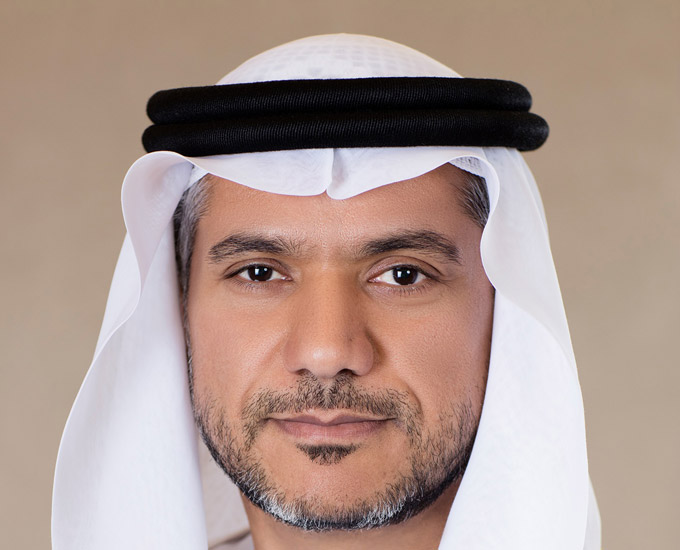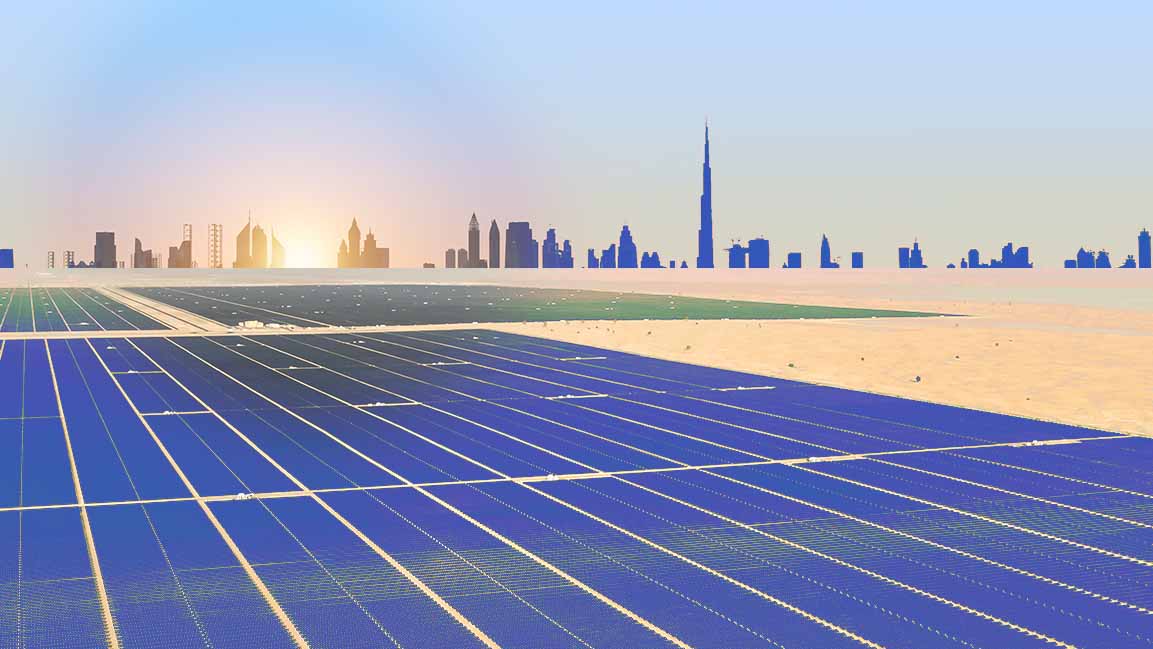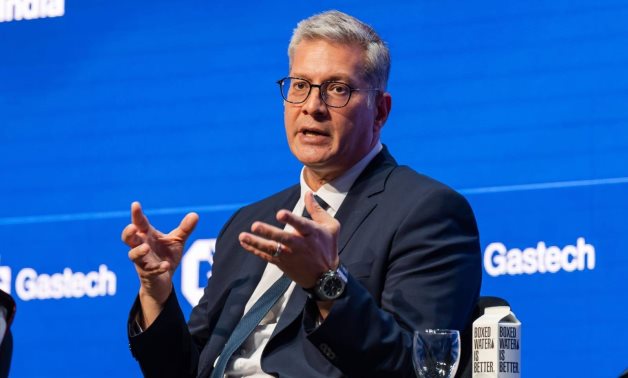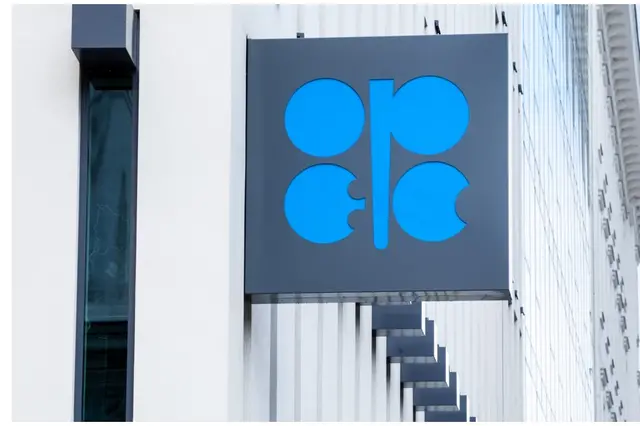Energy

Qatar Commits $2.5B Green Bond Fund to Renewable Energy, Low-Carbon Real Estate

Qatar is accelerating its commitment to sustainable development with a $2.5 billion (QR9.10bn) green bond initiative targeting renewable energy projects, infrastructure improvements, and environmentally friendly real estate development.
Michael Brady, Director of Turner and Townsend in Qatar, emphasized the importance of sustainability in private sector growth, stating, “While environmental legislation in the region currently remains limited, companies should prioritize sustainability now to avoid having to play catch-up as market dynamics and regulation evolve.”
Qatar’s National Vision 2030 is steering this shift, with economic diversification at its core. Key sectors driving this transformation include finance, education, tourism, and sport. According to Brady, “To achieve the vision, we need to build in a way that balances growth with liveability and the environment.”
Smart Cities as a Blueprint for the Future
Qatar’s investment in smart city infrastructure exemplifies this balance. Lusail City, a 38 km² hub under development, is incorporating AI and data-driven technology to set a global standard for intelligent urban development. The Qatar Mobility Innovations Centre plays a pivotal role in advancing digital connectivity as part of the country’s Digital Agenda 2030.
Similarly, the Msheireb Downtown regeneration project has reduced energy consumption by 30% through automation, AI, smart lighting, and water-saving solutions. Brady described this as “an intelligent and sustainable built environment that integrates rich national heritage with cutting-edge technology.”
Challenges and Market Realities
The road ahead isn’t without hurdles. Qatar faces rising construction costs, with Doha ranked the second most expensive city for construction in the Middle East at $2,096 per m², according to Turner & Townsend’s International Construction Market Survey 2024. Additionally, global supply chain disruptions and competition for skilled labor—heightened by Saudi Arabia’s 2034 FIFA World Cup preparations—pose challenges.












